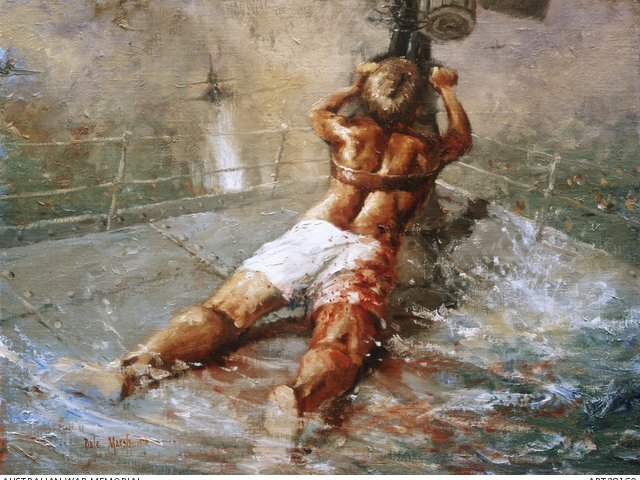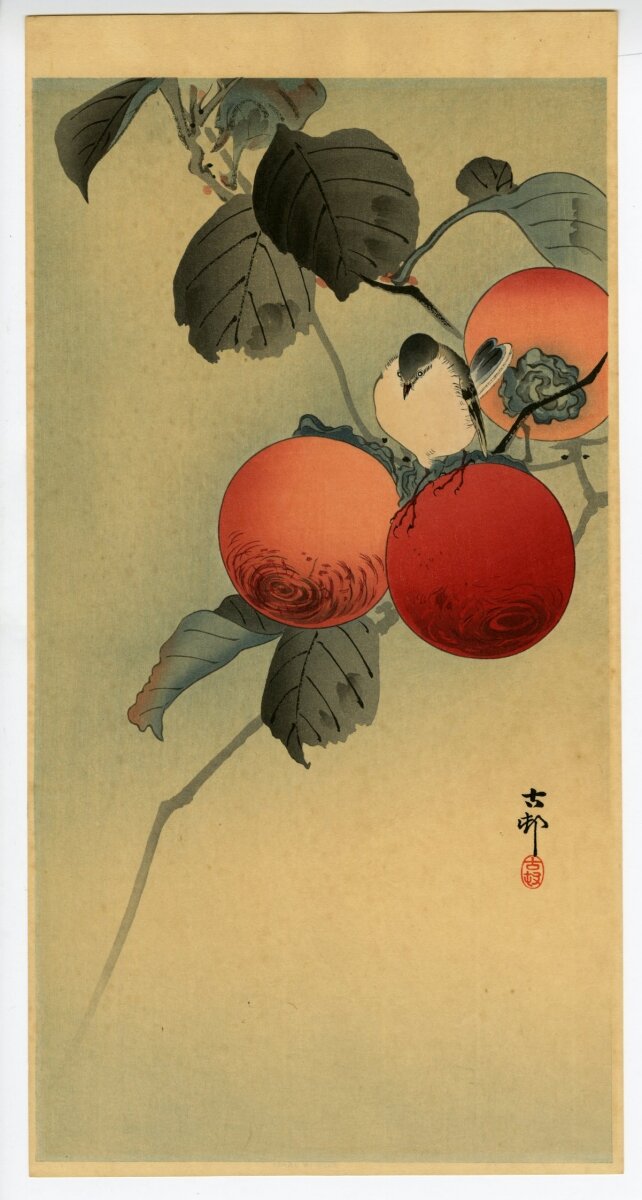What I’m listening to:
‘Yo-Yo Ma - Prelude, Cello Suite No 1, in G Major' in the Song Exploder podcast: This is a very special podcast featuring Yo-Yo Ma, one of the most famous cellists and musicians in the world. The production and audio qualities are sublime. Yo-Yo Ma breaks down the Prelude from Johann Sebastian Bach’s Cello Suite No 1, in G Major. While the episode is ostensibly about the musical work, it’s also a thoughtful meditation on Ma’s life, music, and growth as a performer. Yo-Yo Ma has recorded the Cello Suites several times: in 1983 at age 27, in 1998 at age 42, and in 2018 at age 62. Ma recalls the first time he listened to the original 1936 recording by Pablo Casals, and what he felt at the time, and the personal remembrances about his father who introduced it to him. The listener is intimately stepped through the mechanics of playing the opening notes of the prelude, and it actually feels as if Ma is personally instructing you in a lesson. When reviewing his own recordings, it’s interesting to note the emotional, technical and musical development of Ma as a performer and a person.
“There’s no question that with life experience, as you experience loss and love and tragedy, you are slightly changed. As a musician, you make your living to being sensitised to these changes, and digest them and make sure that you are always giving your full self to whatever you’re doing, which means that any experience that you’ve had has to be revealed in the process of making music. That almost forces you to make yourself vulnerable to whatever there is to be vulnerable to, because that actually is your strength.”
Thelma Plum’s cover of Powderfinger’s “These Days”: I first saw Thelma play at Falls Festival in Byron over the 2019/2020 new year period, which feels like several lifetimes ago now. I think she’s one of the most beautiful, powerful vocalists and lyricists in Australia, and this cover is so soothing in these Corona times.
This life, well it's slipping right through my hands
These days turned out nothing like I had plannedIt's coming round again
The slowly creeping hand
Of time and its command
‘Cardigan Song’ by Kikagaku Moyo: an insightful YouTube comment describes this song as having “telluric vibes”. After Googling this, I learned that “a telluric current or Earth current, is an electric current which moves underground or through the sea”. Very apt: Kikagaku Moyo are a Japanese psychedelic folk band(!), with soft vocals, delicate harmonies, and exploratory instrumentals, all of which combines to create a cosmic soundscape.
Gang of Youths cover The Middle East’s Blood on Triple J’s Like a Version: one of the most beautiful songs ever written, heard as if for the first time with David Le'aupepe’s powerful, honest vocals and the band’s sensitive arrangement. Everyone I speak to about this song has a story about why it’s so moving, and why it often brings them to tears. I remember being 17 and falling in love for the first time, listening to it while sleeping on a mattress we’d laid out on my balcony on a hot summer’s night. Extraordinary.
It was the only woman you ever loved
That got burnt by the sun too often when she was young
And the cancer spread and it ran into her body and her blood
And there's nothing you can do about it now
Dale Marsh's painting of Teddy Sheean hangs in the Australian War Memorial. (Australian War Memorial)
What I’m reading:
‘Behind China’s newly aggressive diplomacy: ‘wolf warriors’ ready to fight back’ by Rowan Callick in The Conversation: I spoke with Rowan about democracy and authoritarianism in China and the fate of Hong Kong in July last year on my podcast Bloom. This piece in The Conversation highlights the growing nationalism and revanchism of the Chinese Communist Party under Xi Jinping and his “New Era”, and how it’s manifesting through “Wolf Warrior” diplomacy.
‘Noticing nature is the greatest gift you can get from lockdown’ by Lucy Jones in The Guardian: A reflective piece which homes in on our changing ways of being in society during the Coronavirus lockdowns. Many of us have found peace in the stillness. The single-tasking has helped us to be mindful of the everyday beauty and intricacy that surrounds us in the living world: from the lives of birds and other critters, to the colours and shapes of plant life. The sentiments remind me of the line from The Doors’ “Tell All the People”:
Can't you see the wonder at your feet
Your life's complete
‘Accounts of WWII hero Teddy Sheean’s act of ‘outstanding bravery’ inspire continuing fight for Victoria Cross’ by James Dunlevie and April McLennan in ABC News: an extraordinary account of the bravery of seaman Teddy Sheean, who died firing an anti-aircraft gun at enemy aircraft which were strafing his shipmates in the water. The evocative painting above gives you some idea of his exploits.
‘Caliban’s speech’ (Act 3 Scene 2) in William Shakespeare’s The Tempest:
Be not afeard. The isle is full of noises,
Sounds, and sweet airs that give delight and hurt not.
Sometimes a thousand twangling instruments
Will hum about mine ears, and sometime voices
That, if I then had waked after long sleep
Will make me sleep again. And then, in dreaming,
The clouds methought would open and show riches
Ready to drop upon me, that when I waked
I cried to dream again.
Caliban’s speech has always reminded me of a stanza from Pedro Calderon de la Barca’s poem Life is a Dream (La Vida Es Sueño)
¿Qué es la vida? Una ilusión,
una sombra, una ficción,
y el mayor bien es pequeño:
que toda la vida es sueño,
y los sueños, sueños son.”What is life? A frenzy.
What is life? An illusion,
fiction, passing shadow,
and the greatest good is small,
That all life is a dream,
and that dreams themselves are a dream.
And finally, something beautiful:
David Bowie on artistic integrity:
“Never work for other people at what you do. Always remember that the reason that you initially started working was that there was something inside yourself that you felt that if you could manifest it in some way, you would understand more about yourself or how you coexist with the rest of society.
I think it’s terribly dangerous for an artist to fulfil other people’s expectations. I think they generally produce their worst work when they do that.
And the other thing I would say is that if you feel safe in the area you’re working in, you’re not working in the right area. Always go a little further into the water than you feel you’re capable of being in. Go a little out of your depth, and when you don’t feel that your feet are quite touching the bottom, you’re just about in the right place to do something exciting.”






